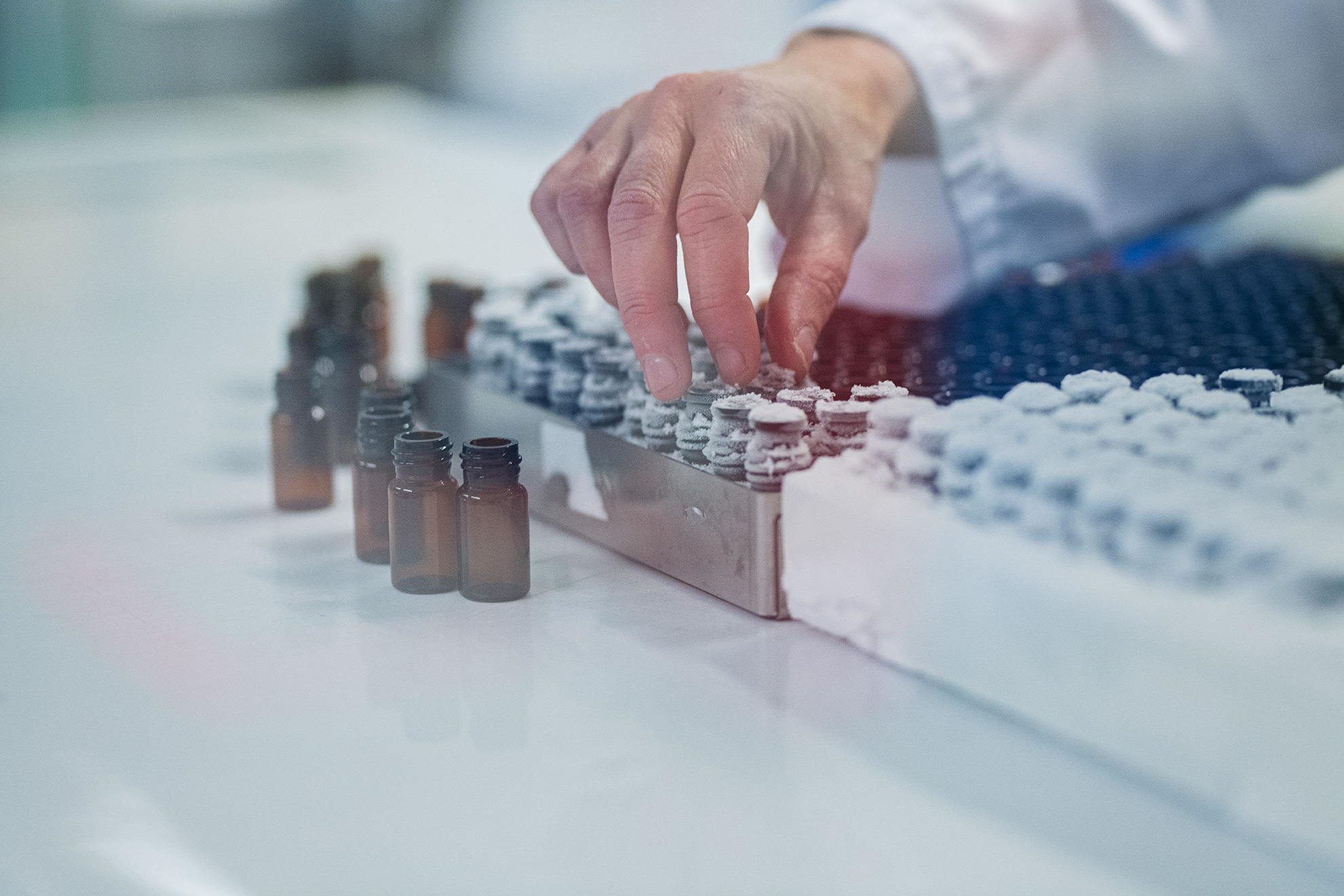Identification of serological biomarker profiles associated with total joint replacement in osteoarthritis patients.
Abstract
OBJECTIVE
Establish a biomarker panel associated with all-cause total joint replacement (TJR) through identification of patients with osteoarthritis (OA) who do or do not progress to TJR and investigate effects of nonsteroidal anti-inflammatory drugs (NSAIDs).
DESIGN
Serum samples from patients enrolled in phase III trials of tanezumab who experienced TJR (n = 174) or matched patients who did not (n = 321) were analyzed for bone, cartilage, soft tissue, and inflammation markers. Classification and Regression Tree (CART) analysis was used to identify biomarker phenotypes associated with TJR.
RESULTS
At baseline, biomarker combinations for patients who did not use NSAIDs before starting tanezumab and used NSAIDs during tanezumab treatment <90 days ("nonNSAID"), identified 77% (95% confidence interval [CI]: 71-84%) of patients who experienced TJR and 77% (95% CI: 65-86%) who did not over a 6-month study period (on average). These biomarker combinations increased odds of identifying patients to remain free of a TJR by 3.3-fold. In patients who used NSAIDs continuously (during screening and ≥90 days during tanezumab treatment), 64% (95% CI: 54-73%) who had TJR and 75% (95% CI: 68-83%) who did not were identified by biomarker combinations different from nonNSAID patients, with an increase in odds of identifying patients to remain free of a TJR by two-fold.
CONCLUSIONS
Although validation on other cohorts is necessary, biomarkers may assist in identifying patients who will need TJR. The profiles suggest NSAID use increases importance of bone metabolism in TJR pathology.



